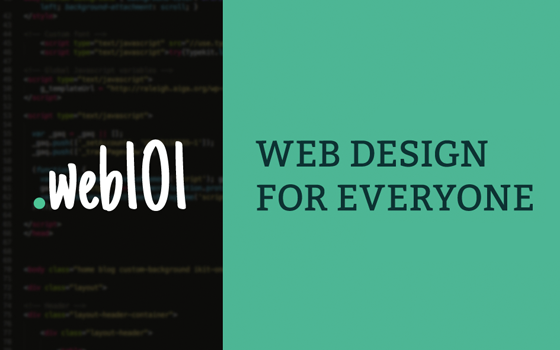The Paleo-future blog quotes a passage from a 1997 book, Predicting the Future, which was skeptical toward Bill Gates idea that the internet would be conducive to self-publishing, mostly due to a lack of a meta-organizational structure like the Dewey Decimal System:
“The lack of an equivalent to the Dewey decimal system on the Internet is a different matter. While it is true that experienced Internet users can eventually find what they’re looking for, [Clifford] Stoll and other critics insist that it takes more expertise and time than Internet enthusiasts are willing to admit. This point of contention may eventually be answered by software developments that are still just blips on the horizon. But such a development, according to many experts, including both Internet boosters and doubters, is likely to have to await a formalized method for paying royalties to those who self-publish on the Internet. Bill Gates is sure this can be managed down the line, but as things stand there are still vast legal tangles to be resolved concerning payment to original authors whose work is published by major companies, let alone compensation for self-publishing.”
At the time, I could see how a top down approach to organizing web content might have seemed feasible. In the last decade, the amount of web content has increased beyond anyone’s expectations, not just in volume, but also diversity. This makes a controlled organizational system almost impossible, not to mention equally so to administrate. But what about something more organic?
Just the other day, I posted about how many agencies struggle with giving up control over their content and letting it grow organically, and suggested that within the ecosystem of one website, tagging fits the bill as a means of organizing content in a way that is most flexible and specific. I think the same principle applies to web content, which is why tagging, sharing and annotation services are so popular (like del.icio.us, diigo, stumbleupon, etc.). If you look at the tags I’ve used for this post, some are very general (technology and books). Technology is about as general as you can get- maybe even to the point of being silly to use at all (haven’t decided yet). “Books” makes sense for posts that talk about or mention a particular book, even if the post is not about “books” as a general category. I have also used “the future” as a tag for posts that discuss where “things are headed.” I don’t really worry if that tag computes for everyone. I mostly use it because I want my blog’s tag cloud to also be an indicator to me of what themes are predominant in my blog over time, and because I like to think about the future. But I think the important point here is that tagging can be a flexible taxonomic system by bridging the gap between general categories and very specific ideas and/or names (i.e. tagging something “technology, taxonomy, del.icio.us, chris-butlers-favorite-websites).


